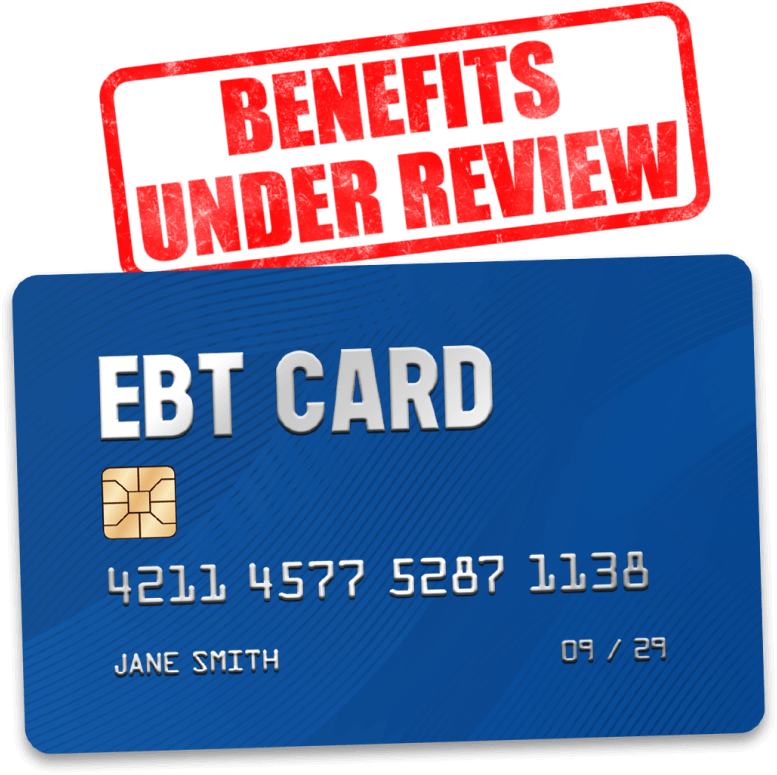This site is privately owned and the information provided is free of charge. Learn more here.
Learn About DOGE
Could DOGE Put Benefits at Risk? Find Out with Our Guide!
Learn about doge Government Benefits Could Be At RiskThe new Department of Government Efficiency is tasked with cutting costs - some say it may impact government benefits
Get More Info Today
Learn About DOGE
Could DOGE Put Benefits at Risk? Find Out with Our Guide!Please Read:
- Data We Will Collect: Contact information and answers to our optional survey.
- What You Will Get: Free guide, and if you answer the optional survey, marketing offers from us and our partners.
- Use, Disclosure, Sale: If you complete the optional survey, we will send your answers to our marketing partners.
- Who We Will Share Your Data With: Our Marketing Partners.
Note: You may be contacted about Medicare plan options, including by one of our licensed partners. We do not offer every plan available in your area. Any information we provide is limited to those plans we do offer in your area. Please contact Medicare.gov or 1-800-MEDICARE to get information on all of your options. See our Accessibility & Non-Discrimination Notice.
Please Read:
- Data We Will Collect: Contact information and answers to our optional survey.
- What You Will Get: Free guide, and if you answer the optional survey, marketing offers from us and our partners.
- Use, Disclosure, Sale: If you complete the optional survey, we will send your answers to our marketing partners.
- Who We Will Share Your Data With: Our Marketing Partners.
Note: You may be contacted about Medicare plan options, including by one of our licensed partners. We do not offer every plan available in your area. Any information we provide is limited to those plans we do offer in your area. Please contact Medicare.gov or 1-800-MEDICARE to get information on all of your options. See our Accessibility & Non-Discrimination Notice.
What is DOGE, and Why Does It Matter to You?
The Department of Government Efficiency (DOGE) is a newly enacted presidential advisory board focused on restructuring the federal government, slashing expenditures, and reducing regulations. These changes are aimed at reducing costs, which could theoretically come at a cost to millions of Americans who rely on critical government benefits.
We aim to reduce the U.S. federal budget by up to $2 trillion through measures such as reducing waste, abolishing redundant agencies, and downsizing the federal workforce.

The AFGE expressed concerns about DOGE's potential impact on social programs, stating, "Budget cuts of this magnitude... will affect vital programs that tens of millions of Americans currently rely on for their financial security and their health and safety. This includes Social Security, Medicare and Medicaid, food assistance for low-income families, veterans’ benefits and health care, and so much more.”
American Federation of Government Employees
AFGE
Understanding the implications of possible budgets cuts like this could be the difference between financial stability and hardship in 2025.
If DOGE focuses on cutting costs, then it could result in:
Millions of families, seniors, and individuals rely on these benefits for financial stability.
Don’t wait until it’s too late—Educate yourself today about DOGE's objectives.
This informative guide explains DOGE's goals and how some experts believe public programs could be impacted. Educate yourself and find out about current assistance programs out there.


What You’ll Learn in Our Guide
- What the Department of Government Efficiency (DOGE) is and how its objectives could be interpreted.
- How cost-cutting measures could impact programs
- Tips for staying informed
- Application guidance for available government programs
Your Questions About DOGE Answered
The Department of Government Efficiency (DOGE) is a Presidential Advisory Commission established on January 20, 2025, to modernize Federal technology and improve governmental efficiency and productivity.
DOGE officially focuses on modernizing federal technology, improving
administrative processes, and identifying inefficiencies within government agencies.
DOGE’s leader Elon Musk aims to reduce the U.S. federal budget by up to $2 trillion, which could be achieved through measures such as reducing waste, abolishing redundant agencies, and downsizing the federal workforce.
According to CBS News, DOGE aims to dismantle Government Bureaucracy,
slash excess regulations, cut wasteful expenditures, and restructure Federal Agencies.
No, DOGE can only make recommendations. Significant budget cuts or
restructuring would require additional executive actions or congressional
approval.
By modernizing technology and streamlining processes, DOGE could make
some government services more efficient, accessible, and user-friendly.
If DOGE recommends significant budget cuts or reallocations to fund
modernization, some benefit programs could face reduced funding. The
American Federation of Government Employees (AFGE) has stated that DOGE
has potential impacts on Social Security, Medicare and Medicaid, food
assistance for low-income families, veterans’ benefits and health care and more.
